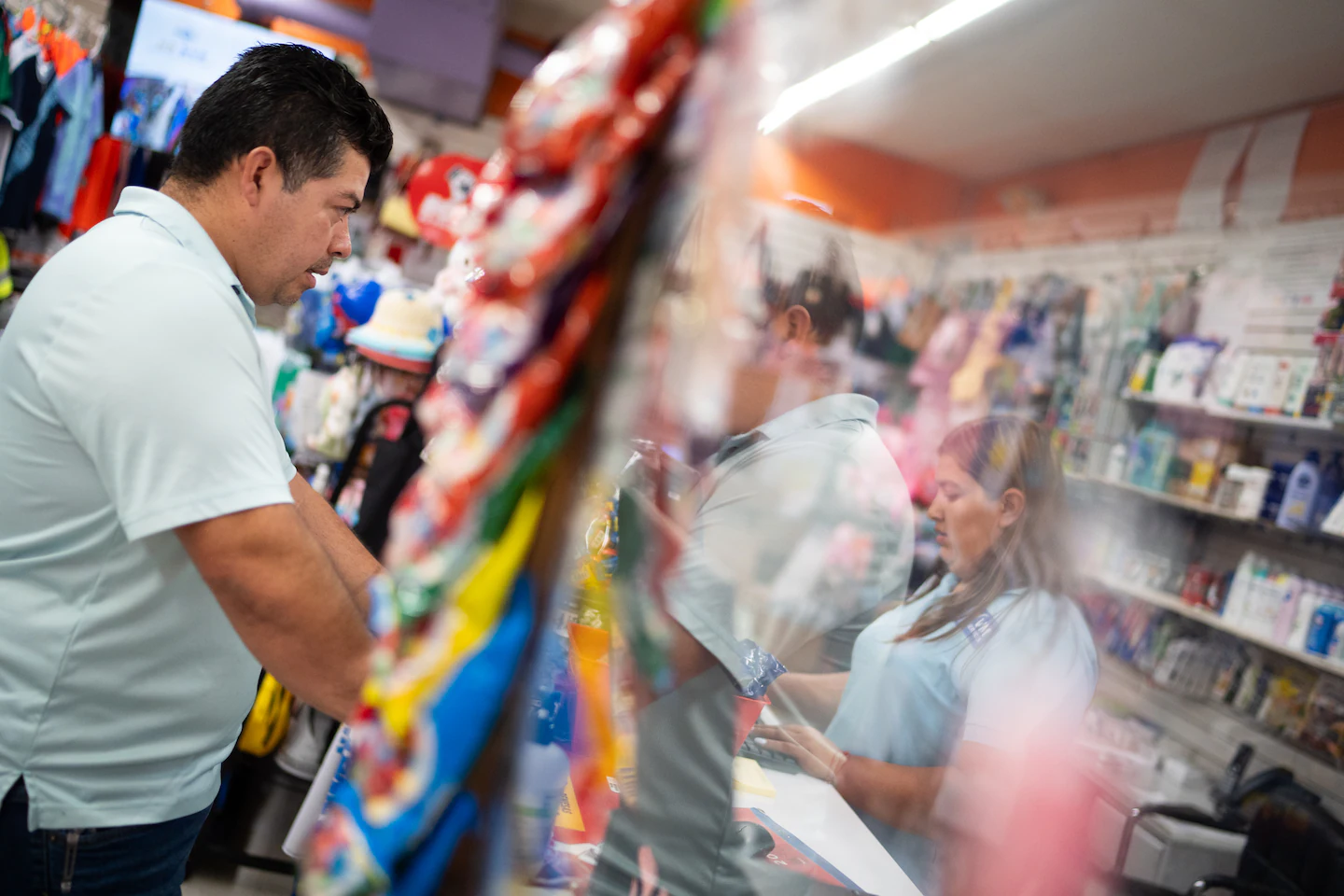But at the VM Services money transfer storefront, lines are out the door most weekends — albeit with cash leaving the area instead of boosting the local economy.
In what may be an unexpected twist as fears of deportation grip the D.C. region, immigrants from El Salvador, Honduras or Guatemala are sending more money home, transferring their savings away from a country where their hopes for the future are dimming.
The trend at storefront operations like VM Services appears to be cutting across people with different immigration statuses, owing to both the heightened arrests of those who entered the United States without authorization as well as the Trump administration’s efforts to wipe out temporary protections that have shielded many Central Americans, the largest group of foreign-born residents in the D.C. area. News of a tax added on those remittances in President Donald Trump’s recently signed One Big Beautiful Bill Act has only added more pressure.
“People who’ve saved up money — who have that money left — don’t want to keep it here,” said Javier Guzman, 43, before sending back $125 to his mother at VM Services in Wheaton last week. “There’s a fear that they might not be able to access it otherwise.”
Guzman, who arrived from Honduras in 2001 amid gang violence and little economic opportunity there, has been wiring money each payday in hopes he might eventually retire there on a farm. Elsewhere, a Salvadoran man in Northern Virginia is ramping up his remittances to finish building a house back home, where he also might retire. And a Guatemalan woman in D.C. is taking on extra shifts as a restaurant cook to keep sending checks to pay for her father’s medical treatments.



